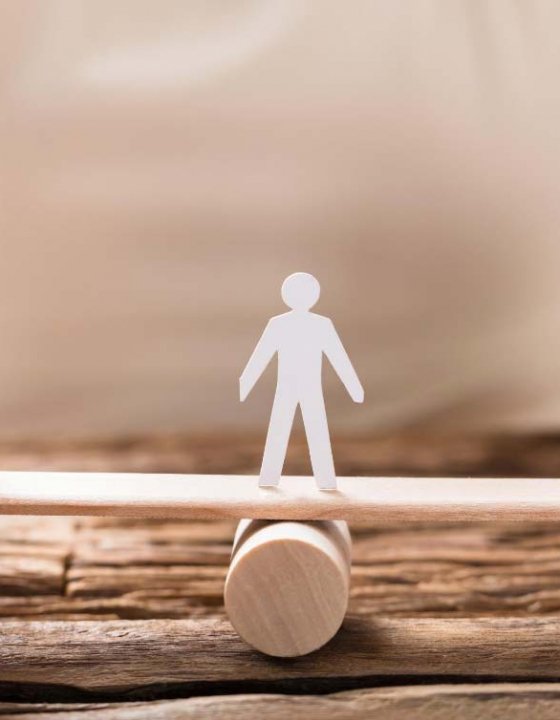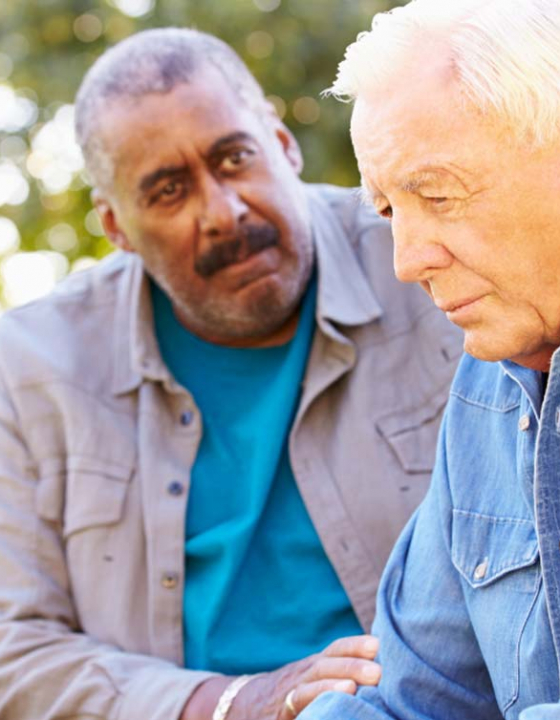2020 has been a tough year so far for Australians. After dealing with devastating bushfires for nearly a year, we are now faced with a global pandemic in the form of the novel corona virus or COVID-19. The virus has infected hundreds of thousands of people all over the globe, and things are expected to get worse in the coming months.
It can be hard to stay calm and keep a positive frame of mind during these difficult times. Given the rapidly evolving nature of the situation, many people are suffering from feelings of dread and anxiety. Stay grounded and take care of your mental health with these 5 self-care strategies:
Breathe.
One of the simplest ways to deal with anxiety is something that you’re probably already doing right now. Focused deep breathing can reduce stress, clear the mind, and improve concentration.
To practice focused breathing, breathe in through your nose while counting to four. Let the air fill your belly and feel that action. Hold your breath for seven counts before exhaling through your mouth, slowly, for eight counts. Make a whooshing sound as you release the air.
There are many other ways to practice deep breathing. There are even guided breathing exercise apps and YouTube videos that you can use. The simple act of filling your lungs with vital oxygen can reduce symptoms of anxiety and encourage positive thoughts. Conscious breathing reminds us how blessed we are, to be alive.
Stay informed.
Anxiety often follows helplessness or feeling like you’re losing control. Because the situation we’re all in is a developing one, information about it can change quickly, leaving us all feeling like we are on shifting sands.
Knowing the facts and staying up to date on the latest information is a good way to stay grounded. We don’t mean keeping your eyes glued to your phone or the television, watching minute-by-minute updates. Information overload and burnout is just as bad for your mental and emotional health. Many unscrupulous individuals are also using the crisis to profit from your clicks by posting sensationalist headlines and fake news stories.
Get your news from trusted, verified sources only. Be discerning about what you read on the internet about miracle cures or ways to prevent yourself from contracting the virus. The Department of Health has a dedicated COVID-19 webpage that is regularly updated. It also has a section on how to protect yourself and others, as well as a 24/7 helpline to call should you need more information.
Contact a friend.
One of the ways to slow the spread of COVID-19 is a practice called “social distancing”. It involves lessening physical contact with others, limiting non-essential travel and outdoor movement, and cancelling large gatherings, among other measures.
Isolation can be very scary, especially because we don’t know when it will end. However, the wonders of technology allow us to continue to stay in touch with loved ones, even when we’re practicing social distancing. With text messages, chat apps, video conferencing and social media, the world is closer than ever. You’d be surprised at how helpful a good chat can be for your anxiety.
Be productive.
Many companies are now implementing work-from-home strategies to prevent the spread of COVID-19 in the workplace. Work can be a great way to take your mind off of things!
If not, there are several ways to keep busy indoors. Instead of staying on the couch and putting another movie on, you could use the time for more productive pursuits. You could clean and organise your home, cook, bake, or take a few online courses. How about finishing those books you haven’t had a chance to crack open? Or maybe taking up a new hobby?
Some of these pursuits can seem trivial, while others can end up being quite productive; but these distractions allow you to focus on something else instead of sliding into a state of panic.
Exercise.
Exercise and physical activity can be beneficial in many ways. It’s long been cited as one of the best ways to battle depression and decrease feelings of stress and anxiety. Even a simple 30-minute indoor workout is enough to get your body to produce more endorphins, also known as “happy hormones”.
In addition to making you feel happier, exercise combats the effects of a sedentary lifestyle. It also strengthens your muscles and bones and boosts your immune system.
Even if you don’t know the first thing about working out, getting started is easy. There are exercise videos available on YouTube for all skill levels, from beginner to expert. You can also take a look at both free and paid workout apps that offer fitness coaching and programs.
These are trying times, it’s true, but there’s no reason to allow fear to conquer you. When you feel yourself approaching that dark place mentally or spiritually, try to think of all the blessings that life has bestowed upon you. With hope and love, we are all going to get through this, together.












